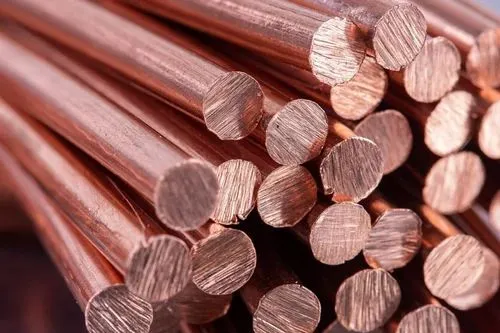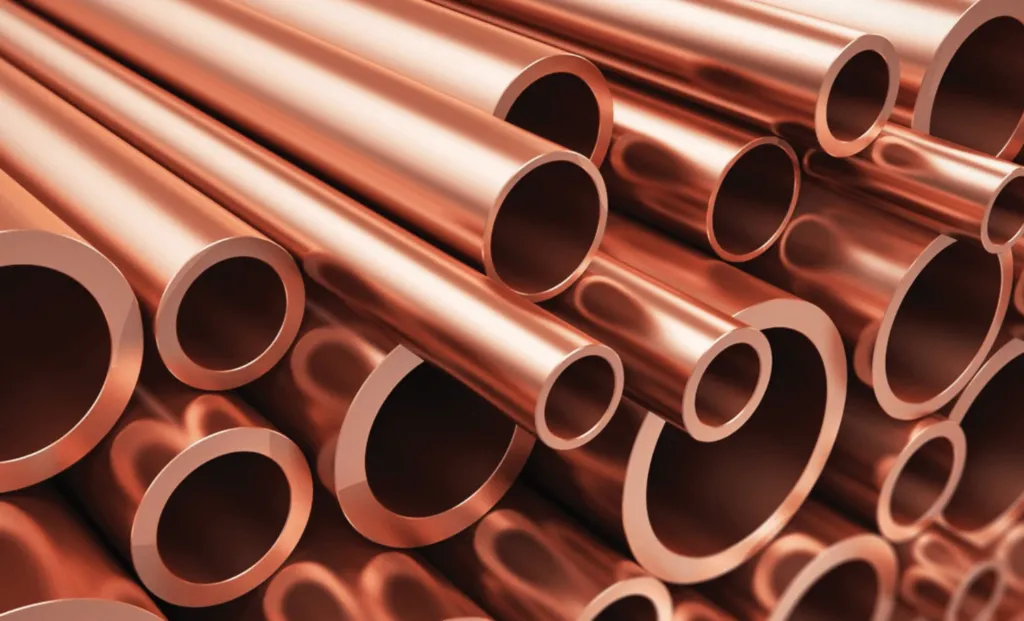
Copper
An Ancient Metal with a Modern Future


History
Copper holds a storied history dating back thousands of years, making it one of humanity's oldest metals. From ancient civilizations to modern societies, copper has played a pivotal role in shaping human progress. Its malleability, conductivity, and durability made it indispensable for tools, weapons, and infrastructure. The Copper Age, spanning from around 3500 BCE to 2300 BCE, marked a significant milestone in human development, ushering in an era of technological advancement and cultural exchange.
Future Potential
In the 21st century, copper continues to be a vital component of modern life, with its significance extending far beyond its historical roots. As the world transitions towards renewable energy sources and electrification, the demand for copper is expected to soar. Its exceptional electrical conductivity and heat resistance make it indispensable for electrical wiring, motors, transformers, and renewable energy infrastructure such as solar panels and wind turbines. With the global push for sustainable development and green technologies, copper's future looks brighter than ever.
Benefits
Copper boasts a plethora of benefits that contribute to its enduring popularity and wide-ranging applications:
Conductivity
Copper is renowned for its exceptional electrical and thermal conductivity, making it an ideal choice for electrical wiring, power transmission, and heat exchangers. Its conductivity ensures efficient energy transfer, minimizing energy loss and maximizing performance.
Durability
Copper is highly durable and resistant to corrosion, making it suitable for outdoor and marine applications. Its longevity ensures the longevity of infrastructure, reducing maintenance costs and environmental impact.
Malleability
Copper is a remarkably malleable metal, allowing it to be easily shaped and formed into intricate designs. This property makes copper ideal for architectural elements, decorative accents, and artistic endeavors.
Antimicrobial Properties
Copper possesses inherent antimicrobial properties that inhibit the growth of bacteria, viruses, and fungi on its surface. This makes copper an attractive material for healthcare facilities, food processing equipment, and public spaces where hygiene is paramount.
Role in the Recycling Industry
Copper plays a vital role in the recycling industry, serving as a linchpin of sustainability and resource conservation. Recycling copper not only reduces the need for virgin ore extraction but also minimizes energy consumption and greenhouse gas emissions associated with primary production. The recycling process for copper is highly efficient, with nearly all scrap copper being recyclable without any loss in quality or performance.
At Fizmet International, we recognize the critical importance of copper recycling and are committed to promoting sustainable practices within the industry. By facilitating the efficient recycling of copper scrap and connecting suppliers with buyers worldwide, we contribute to the conservation of resources and the reduction of environmental impact. Join us in our mission to harness the potential of copper and build a more sustainable future for generations to come.
